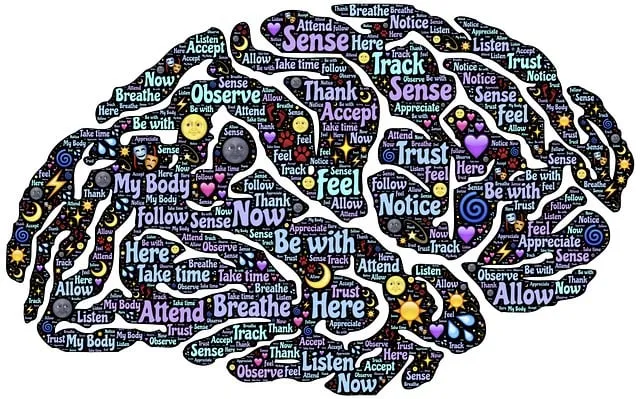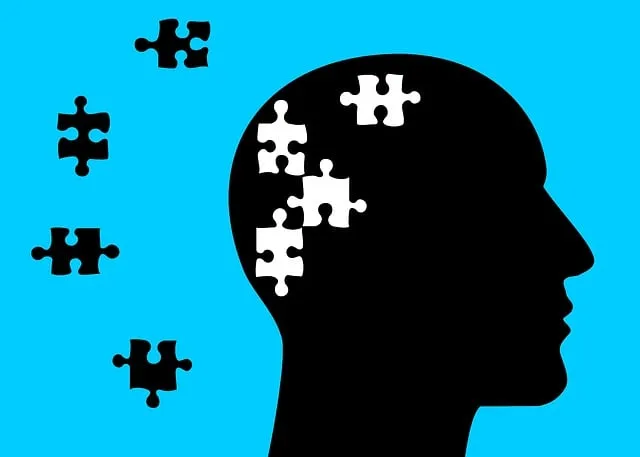Greenwood Village Kaiser Permanente's behavioral health services prioritize resilience through their RFM (Recovery, Flexibility, Mastery) framework, offering holistic methods like Social Skills Training and cultural competency education. They emphasize self-care practices for both patients and staff to prevent burnout. Resilience exercises focus on interactive activities, group discussions, self-care, and mindfulness/art therapy, aligning with Mental Wellness Coaching Programs Development. Implementing resilience interventions requires strategic planning, including needs assessment, service evaluation, goal setting, and staff training. Success is measured through client feedback, staff satisfaction, and behavioral shifts, fostering emotional well-being and community resilience under the Greenwood Village Kaiser Permanente banner.
“Resilience is a vital asset in navigating life’s challenges, especially within behavioral health. This article explores the powerful approach adopted by Greenwood Village Kaiser Permanente (KP) Behavioral Health Services to enhance resilience through targeted exercises. We delve into ‘RFM’—a key framework for understanding patient engagement and behavior—and its significance in this context. By examining KP’s successful implementation strategies, from exercise design to community engagement, we offer insights into how such programs can be replicated to foster resilience and improve overall well-being.”
- Understanding RFM and Its Relevance in Behavioral Health
- The Greenwood Village Kaiser Permanente Approach to Resilience Building
- Designing Effective Resilience Exercises for Community Engagement
- Implementation Strategies: From Planning to Execution
- Measuring Success and Continuous Improvement at KP Behavioral Health Services
Understanding RFM and Its Relevance in Behavioral Health

At Greenwood Village Kaiser Permanente behavioral health services, we recognize that building resilience is a cornerstone for enhancing mental well-being and fostering healthier lifestyles. RFM (Recovery, Flexibility, and Mastery) is a structured framework that guides our approach to resilience-building exercises. This model aims to equip individuals with the tools needed to navigate life’s challenges more effectively, thereby reducing risks associated with depression prevention and burnout prevention.
By integrating communication strategies tailored to RFM principles, our behavioral health services promote active participation in recovery. We teach clients how to adapt flexibly to changing circumstances, cultivate a sense of mastery over their emotions and behaviors, and build upon these skills as they progress on their journey towards improved mental health. This holistic approach not only empowers individuals but also creates lasting changes that can significantly impact their overall quality of life.
The Greenwood Village Kaiser Permanente Approach to Resilience Building

In Greenwood Village, Kaiser Permanente takes a holistic approach to resilience building through their behavioral health services. They recognize that fostering resilience is crucial for individuals to navigate life’s challenges and promote overall well-being. Therefore, they implement a multi-faceted strategy that includes Social Skills Training, designed to enhance interpersonal interactions and communication, which are key components of mental health. This training equips individuals with effective coping mechanisms and builds confidence in their ability to handle stress and adversity.
Beyond individual interventions, Kaiser Permanente emphasizes the importance of Healthcare Provider Cultural Competency Training. By educating their staff on cultural nuances and diverse community needs, they ensure that their services are sensitive and accessible to all. Incorporating Self-Care Practices is another cornerstone of their program, encouraging both patients and healthcare providers to prioritize self-care as a proactive measure against burnout and stress. This comprehensive approach underscores Kaiser Permanente’s commitment to not just treating mental health issues but empowering individuals and communities to build resilience for a healthier future.
Designing Effective Resilience Exercises for Community Engagement

When designing resilience exercises for community engagement, it’s crucial to consider the unique needs and characteristics of Greenwood Village Kaiser Permanente behavioral health services users. Incorporating interactive and varied activities can enhance participation and foster a sense of empowerment. For instance, group discussions focused on real-life scenarios help individuals share experiences and learn from one another, building a supportive network. These exercises should also promote self-care practices and stress management techniques, aligning with the Mental Wellness Coaching Programs Development offered by Kaiser Permanente.
Incorporate activities that encourage participants to explore their emotional resilience, such as mindfulness practices or creative outlets like art therapy. This approach not only supports mental wellness but also ensures engaging sessions that cater to diverse learning styles. By integrating these exercises into community initiatives, Greenwood Village can strengthen its residents’ ability to navigate challenges, ultimately contributing to a healthier and more resilient community overall, with an emphasis on continuous self-improvement and well-being.
Implementation Strategies: From Planning to Execution

Implementing RFM and resilience-building exercises requires a strategic approach, especially when adopting them within established healthcare settings like Greenwood Village Kaiser Permanente behavioral health services. The initial planning phase involves identifying the specific needs of the population served, aligning with the organization’s goals, and selecting appropriate interventions. This may include evaluating current service offerings and gaps in trauma support services or anxiety relief programs. Once objectives are defined, a detailed action plan can be crafted.
Execution demands careful coordination and collaboration among healthcare professionals, ensuring that resilience-building techniques are seamlessly integrated into existing care pathways. Training staff on these exercises and promoting emotional well-being promotion techniques should be a priority. Regular monitoring and evaluation are crucial to gauge the impact of interventions and make necessary adjustments, ultimately enhancing the effectiveness of RFM implementation at Greenwood Village Kaiser Permanente behavioral health services.
Measuring Success and Continuous Improvement at KP Behavioral Health Services

At KP Behavioral Health Services in Greenwood Village, measuring success goes beyond numerical data. It’s a holistic approach that encompasses client feedback, staff satisfaction, and behavioral shifts. They’ve incorporated Compassion Cultivation Practices and Mindfulness Meditation into their resilience-building exercises, fostering a culture of emotional well-being and reducing burnout among healthcare workers. This strategic initiative has led to tangible improvements, such as enhanced patient interactions and increased job retention rates.
Continuous improvement is a cornerstone of their success. KP Behavioral Health Services regularly evaluates the effectiveness of these programs through focus groups, surveys, and individual check-ins. By actively listening to staff and clients, they identify areas for enhancement and adapt their practices accordingly. This dynamic approach ensures that resilience-building exercises remain relevant, engaging, and aligned with the evolving needs of both healthcare providers and the community they serve.
The implementation of RFM and resilience-building exercises, as demonstrated by Greenwood Village Kaiser Permanente behavioral health services, offers a promising approach to enhancing community well-being. By designing effective exercises tailored to local needs, organizations like KP can foster resilience and improve mental health outcomes. Continuous improvement, measured through thoughtful evaluation, ensures that these programs remain impactful and relevant. This holistic strategy not only addresses immediate challenges but also builds long-term emotional strength within communities, ultimately contributing to more resilient and vibrant societies.






